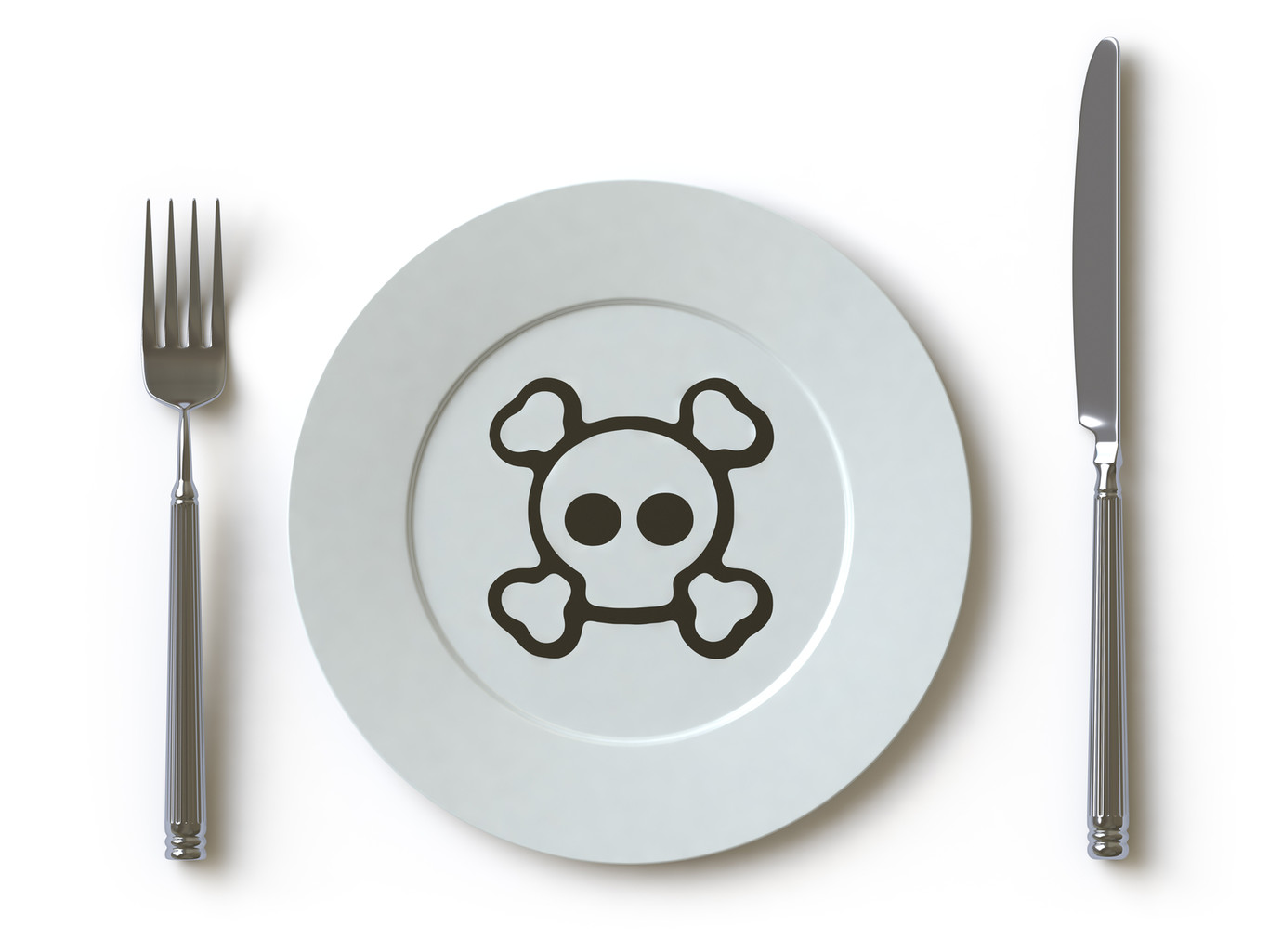Food scares: When should we care?

With the amount of information circulating on the Internet is normal that sometimes many doubts arise as to food scares. The theme of processed meat and cancer was a good example of that, where misinterpretation of scientific studies created a psychosis repect to these foods.
And if we read in social networks or organizations of dubious scientific reputation, forget it. Practically every month out alerts about foods that are bad or that cause cancer. We must be very meticulous when reading this information. Very little about what you read on internet feed is one hundred percent true.
 To distinguish between a food scare and a canard
To distinguish between a food scare and a canard
The first thing to know is how to distinguish a food scare of a canard. Here basically we have to find the original or official source revealed the news. If you come from a newspaper, social networking, organization or association, which have no scientific character, we must doubt or at least questioning what the news says. As much careful scientific studies, we do not remain in the headline, many are poorly designed and the findings cannot be extrapolated.
Sharp and exaggerated claims such as “this food causes cancer” or “such food is like poison,” also should make us suspect that the information or food scare is totally false . We always have to look for the original source of where it came the food alert.
Beware of food scares in social networks and online news
Most of false food scares come from social networks. It is very easy to spread the news on social networks and the more striking is easier. If a news exaggerates about how bad it is a food, a few hours can become a whole canard that people have shared on your Facebook wall or Twitter.
We tend to believe everything we see on social networks or online news, especially if we see the same information in multiple sites or shared social networking. As we say, we look for the original source of that information, who has ruled in first instance on that.
A real food scare will communicate the official bodies
So, when we read some news to call our attention to some food, alerting consumption, we can go to the website of the AECOSAN and check news that refer to such food. We can even contact the agency you get us out of doubt.
And although the information the den these official bodies, it is often difficult to draw conclusions about this type of news or food scares. Sometimes only refer to a group of people or a certain amount of consumption. Why is not more consult medical specialists or nutritionists we can shed light on the subject.
Food warnings and recommendations is not the same
It is nothing but confuse. Sometimes it has “recommended” moderate consumption of a food in a population group and that information has quickly alert prohibiting considering that food and harmful. Not the same alert a recommendation.
Given that there is a very strict control on food safety, it is rare that there is a serious food alert. Exceptions for specific products.
For additives and food scares
It is a clear example of misinformation or disinformation can lead to create a food scare. Additives, by the fact that chemicals added to food (which by the way are also composed of chemicals), are usually treated as poison.
However, there is good support in terms of food security in regard to the additives. But once out any study to lectures that question, again they are put in the spotlight. Ten food additives is totally safe, but eyes to exaggerate a story or create a hoax, saying that a food is nothing more or less than ten additives is like saying it’s bad.
In short, we should not believe everything we read in food and nutrition. We must choose good and reliable scientific sources in food to ensure that a food alert is true and to what extent can influence us or what we should do about it.
Read more articles on: http://www.newpathtoday.com/

 To distinguish between a food scare and a canard
To distinguish between a food scare and a canard


